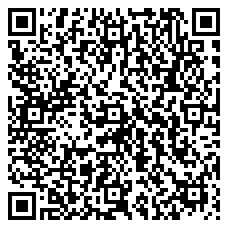

Archiving documents refers to the process of collecting, preserving, and managing documents, regardless of their form, date, or material container, produced or received by governmental or private agencies. These documents are preserved because they hold valuable information that benefits decision-making, supports scientific and historical research, and protects the intellectual and material property rights of institutions and individuals. This course is designed to provide participants with a solid understanding of the best practices for managing both traditional and electronic archiving, transitioning from traditional systems to modern digital archiving solutions, and applying digital data management techniques for effective document storage and retrieval.
This course offers you the essential skills and knowledge needed to implement effective digital archiving systems and manage electronic documents. From document indexing to data preservation, you'll learn the latest techniques and best practices in electronic document storage and digital content management. By attending this course, you'll be able to help your organization smoothly transition to paperless systems and create a more secure, organized, and sustainable environment for document management.
Enroll now and gain expertise in managing digital data and archiving documents to stay ahead in the digital age!
